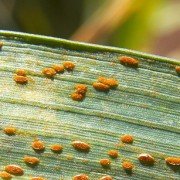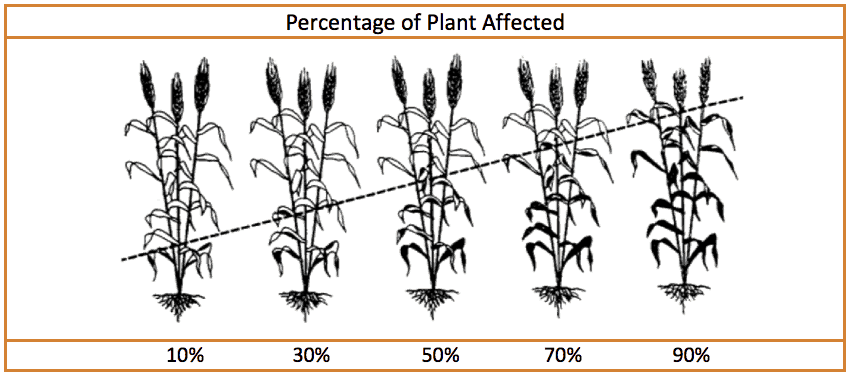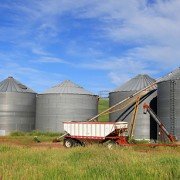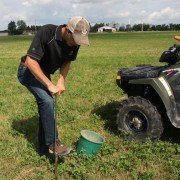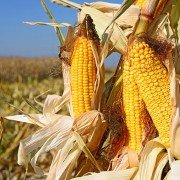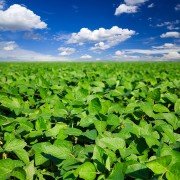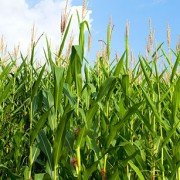February 16 was Canada’s Agriculture Day and the students at Naahii Ridge Public School in Ridgetown, Ontario, had the chance to celebrate the day with many volunteers from the agricultural community.
“Canada’s Ag Day was a great opportunity for us to talk to the students about why the Canadian Ag industry is so important,” says Amy Caron, Communications Specialist for Dow Seeds. “Dow Seeds was very fortunate to work with some great community volunteers to bring that message to the students at Naahii.”
Travis Roodzant from Thompsons Limited – Blacks Lane branch.
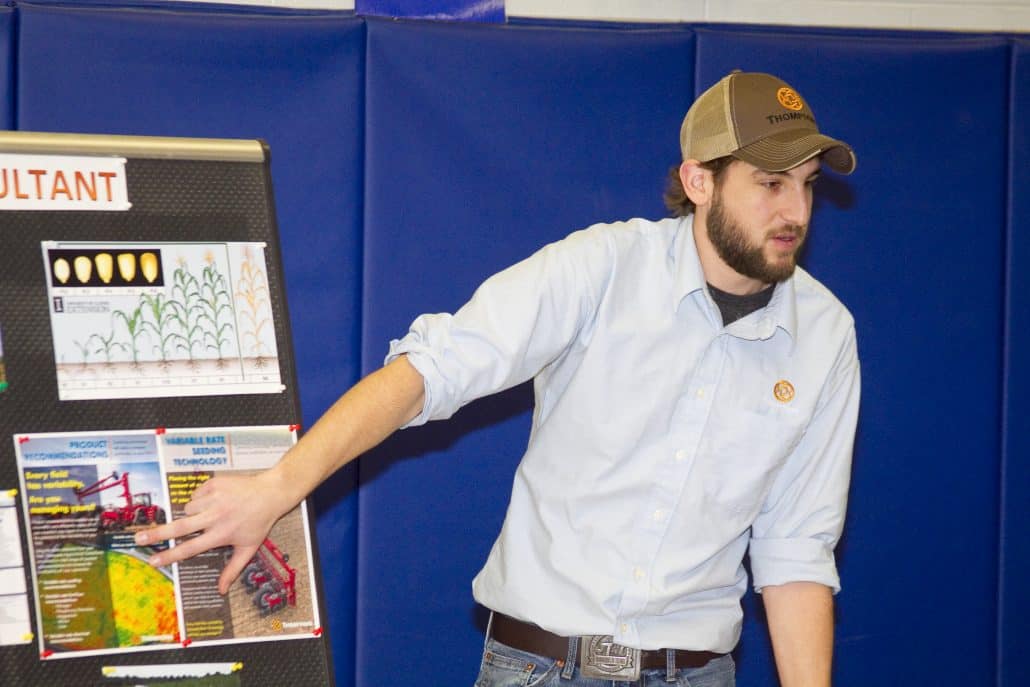
Students from grades 4, 5 and 6 listened to presentations on the importance of the Ag industry and the various career opportunities this sector offers. The students then participated in the “Canada’s Ag Day Trade Show” where they travelled around the gym to various stations to talk to the volunteers about what they do in the Ag industry.
Students had the opportunity to talk to: Cara McCready, a Greenhouse IPM Specialist with OMAFRA who talked about beneficial pests and pest management; Jane Lawton from Chatham-Kent 4H about the organization and how to become involved; Janice Anderson from Pioneer about the importance of Women in Ag; Rob Reid, Dairy Education Center Manager, University of Guelph, Ridgetown Campus, who spoke on what happens in a dairy barn; Grace Jones, a Dow Seeds Territory Sales Rep, spoke on the importance of business and crop planning with farmers; Travis Roodzant from Thompsons Limited talked to the kids about agronomy and the use of drones in that process; Madison Trozzi, a high school senior who completed her co-op in the Dow Seeds Seed Lab showed the science behind ag industry and Eric Bastiaansen, an egg farmer from Thedford talked about how your eggs get from his farm to your grocery store.
Pictured are the Canada Agriculture Day volunteers, left to right: Cara McCready, Travis Roodzant, Grace Jones, Madison Trozzi, Rob Reid, Jane Sawton, Janice Anderson, and Eric Batiaansen. Absent from photo was Cassi Boersma.
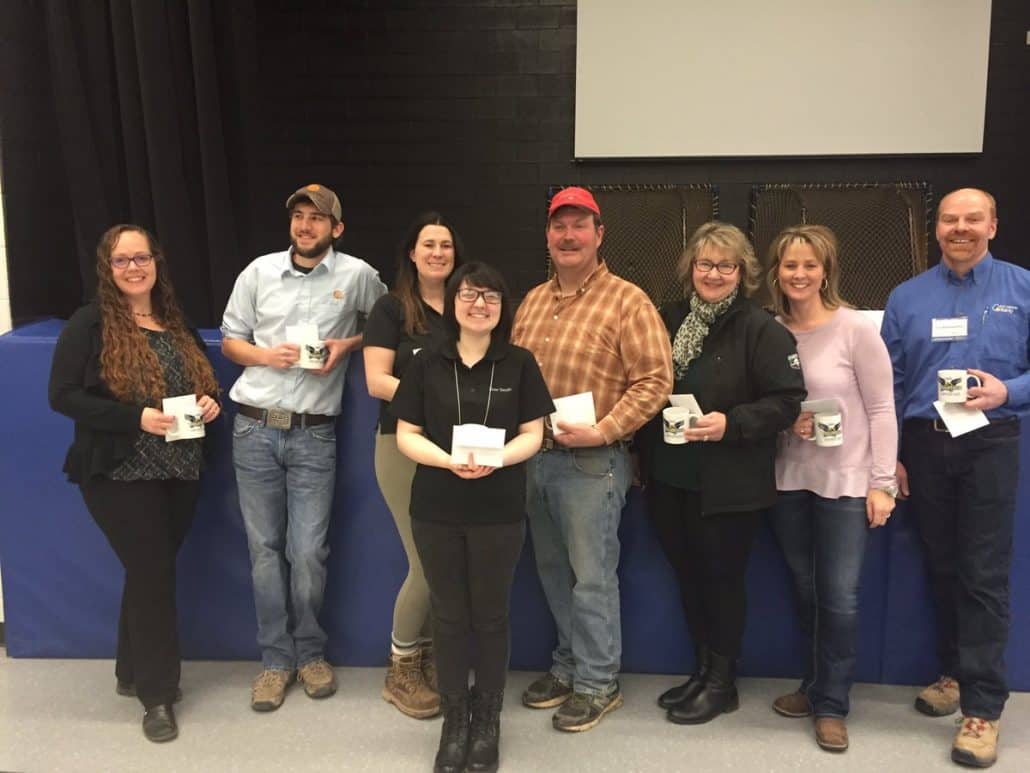
Students from Grades 1 to 3 didn’t miss out on the festivities. Cassi Boersma, a part time teacher with Naahii and the Farm Safety Coordinator for Ridgetown, spoke to this group of students about the importance of ATV and farm safety.
Other organizations who helped support this event were FCC, Ag in the Classroom and Agriculture More Than Ever.
“We only had a couple of hours to share our stories with these students,” says Caron. “However, there were some great questions and hopefully some great conversations around their dinner table that night.”
Click for more information on Canada’s Agriculture Day.
Source: Ridgetown Independent News – 1 Main Street, Ridgetown, ON (519) 674-5205.


